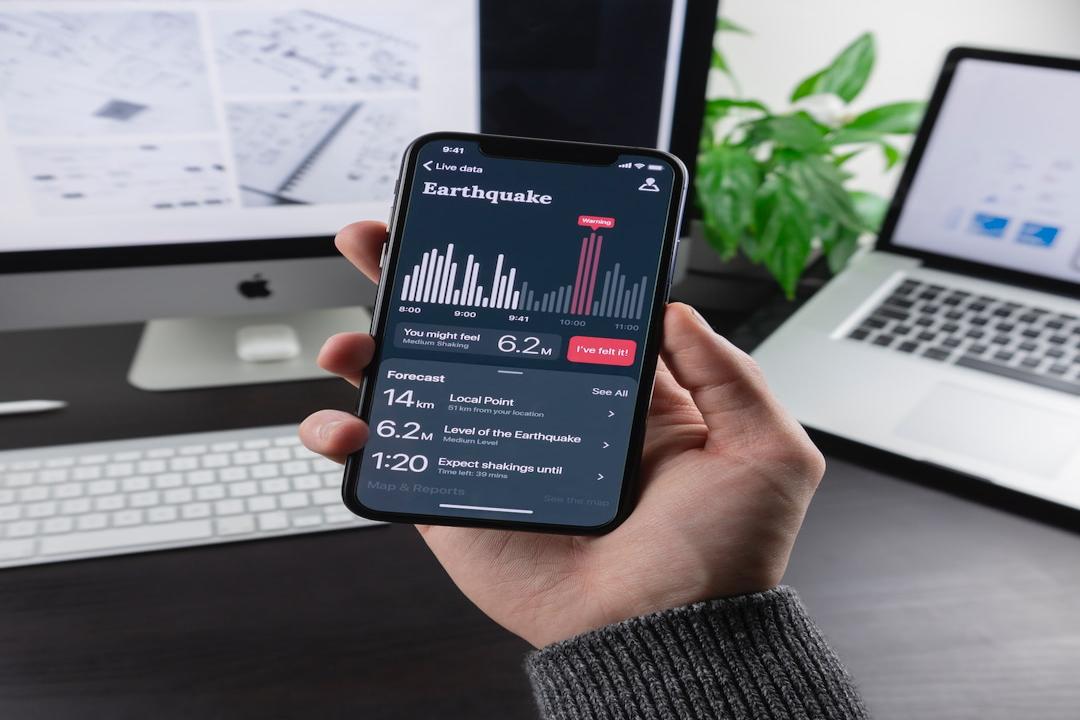As the US presidential election approaches this week, about 20 central banks around the world, including the Federal Reserve, will announce interest rate decisions this week. At such a sensitive time, the overlap of the US presidential election results and the Federal Reserve interest rate decision could trigger intense market volatility.
Global investors are eagerly awaiting the results of the US presidential election on the 5th. According to Bloomberg’s statistics, more than 20 central banks, accounting for more than one-third of the global economy’s GDP, will announce interest rate decisions this week after the election. Although the election has no result so far, the market generally expects that the Federal Reserve and other central banks will cut interest rates again in the next week.
Before the election day on November 5th, the competition between the Republican candidate Trump and the Democratic candidate Biden was intense. Major central banks around the world are still facing many uncertainties, but leaving aside the elections, Federal Reserve officials have expressed their hope to continue to cut interest rates at a more gradual pace after a 1 percentage point reduction in September.
The FOMC meeting will announce the interest rate decision at 2:00 am Taiwan time on the 8th. Economists generally expect the Federal Reserve to cut interest rates by 1 percentage point, followed by another reduction in December. Data released last Friday showed that the US non-agricultural employment increased by 12,000 in October, the lowest level since 2020, which strengthened the belief in the interest rate cut by the Federal Reserve.
Although Federal Reserve officials have always tried to avoid politics, they still initiated an interest rate cut cycle in the final stage of the election. The election results may depend on voters’ views on the economy. Although Federal Reserve Chairman Powell may emphasize the need to reduce restrictive policies at the press conference after the interest rate decision this week, he and his colleagues still face political risks.
Bloomberg Economics economists said that the polls show that the election is in a deadlock, and the winner will be able to reshape trade policies, especially Trump. If he wins, he is likely to use this power. Other central banks around the world are facing a series of risks ranging from economic growth slowdown to persistent inflation, even considering the actual impact of Trump’s tariff threats on global trade before the election.
Although the Reserve Bank of Australia may announce in the interest rate decision before the start of the election on Tuesday that it will once again maintain interest rates, other central banks are ready to take action. It is expected that central banks in the UK, Sweden, the Czech Republic, and other countries will make interest rate decisions after the election day, and Brazilian officials may raise interest rates by as much as 2 percentage points.
In such a closely contested presidential election, the more than 20 central banks announcing interest rate decisions in the next week may need to prepare for the long election results until they are announced. In modern US elections, the loser usually concedes within a day or two, but the results of the 2020 election were not revealed until four days later.
It is worth noting that the results of the US presidential election and the timing of the Federal Reserve interest rate decision are highly overlapping at such a sensitive time, which may cause huge market fluctuations.
The US presidential election will be held on the 5th, with the vote count starting in the early morning of the 6th. The final result may take several days to determine, and is expected to be announced between November 7th and November 8th. At the same time, the FOMC meeting will announce the decision at 2:00 am Taiwan time on November 8th. The timing of these two major events is very close.
If Trump, who has recently been vocal in support of cryptocurrencies, loses in the election, the cryptocurrency market may have a slight downward reaction in the short term. If Trump wins, the cryptocurrency market may first have a small increase, but then fall back. This volatility is mainly based on the policy uncertainty that Trump’s re-election may bring, especially the impact on global trade and tariffs.
As for the Federal Reserve decision, if the market expects a 1 percentage point rate cut in November, the market reaction may be limited or show a slight increase. However, if the Federal Reserve’s decision is unexpected, such as not cutting interest rates or cutting them by a larger margin, it may lead to a market decline, as this will break market expectations.
Overall, the dual pressures of high inflation and economic weakness make the Federal Reserve’s decision more difficult. In the face of these two pressures, if the situation develops in an unfavorable direction, it may cause more intense market fluctuations. Investors need to remain highly vigilant against dual risks, as policy changes and election results will be major factors affecting the global financial market in the short term.


